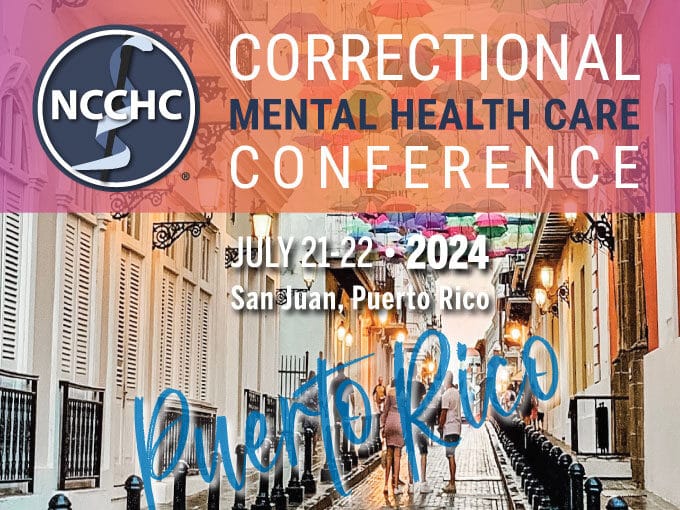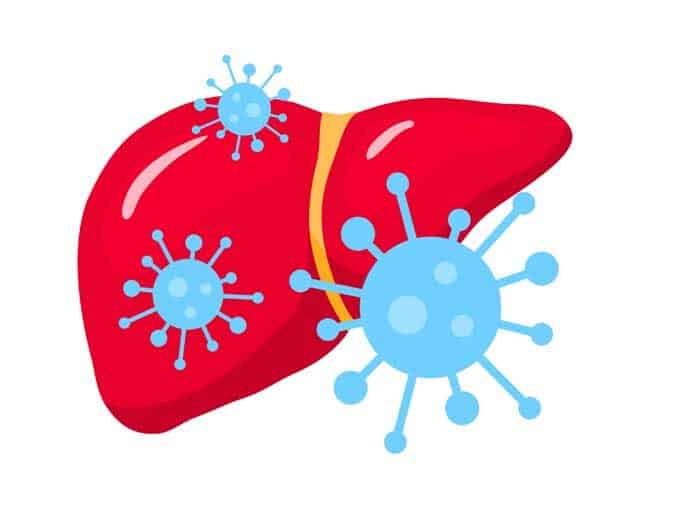
Say hola to Puerto Rico
The 2024 Correctional Mental Health Care Conference will be held in sunny San Juan!
Home First Jail Accredited for Mental Health Services
 Feb 14, 2019
Feb 14, 2019Like jails and prisons around the country, Chatham County (GA) Detention Center has seen a steady rise in the mental health needs of its inmates. So as soon as he was elected, Sheriff John Wilcher made mental health care a top priority. “Correctional facilities have become the country’s largest mental health providers,” Sheriff Wilcher says. “The best way to tackle this problem is head on, by ensuring we provide high quality, effective care that can help people turn their lives around.”
That commitment led Chatham County to become the first facility in the country to be NCCHC-accredited for mental health services, as well as the first to achieve dual accreditation from NCCHC in mental health and health services.
“Chatham County has taken a very smart, proactive step by seeking out accreditation for their mental health services,” said NCCHC vice president of accreditation Tracey Titus, RN, CCHP-RN. “The challenges presented by a large inmate population with mental health needs, ranging from serious mental illness to substance use disorder to unhealed trauma, can be daunting. The standards provide a blueprint for navigating those challenges, and NCCHC accreditation confirms that systems are in place to meet them.”
The journey to that accomplishment began at an NCCHC conference, where representatives from Chatham County and CorrectHealth, the jail’s new health services vendor, attended a workshop led by Titus on accreditation for mental health services.
“We were looking for an efficient improvement process, so we jumped at the idea,” says Todd Freesemann, CCHP, Chatham County’s director of policy. “Since we were already working toward accreditation for health services, we knew NCCHC’s is the best third-party accreditation in the field,” adds Susan Hatfield, FNP-C, CCHP-RN, executive director of clinical services at CorrectHealth.
Hatfield admits that preparing for the accreditation surveys was “quite the undertaking,” involving weekly meetings, a color-coded spreadsheet listing each NCCHC standard and compliance indicator, and a huge amount of teamwork among the jail, vendor, county and NCCHC – but says it was well worth it.
“The entire process provided a lot of opportunity to learn and teach. It revealed ways to improve the program in more ways than we anticipated, from initial screening to referrals to community resources, she says. “We encountered challenges, but we figured things out.”
For Freesemann, who was recently certified as a CCHP, working through the NCCHC standards was particularly eye-opening. “I’m not a nurse or a doctor, but I now see the importance of the guidance provided in the standards.”
Changes instituted at the jail include additional mental health staff, including a full-time psychiatrist and additional counselors; enhanced crisis intervention and mental health first aid training for police and corrections officers; an improved intake screening process and more.
For some, the idea of treating mental illness like any other chronic or acute health need requires a change in mindset, Freesemann says. But many understand the importance. “When you take care of mental health, it helps solve other problems too,” he explains. “Security issues and length of stay are reduced. Fewer resources are drained.
“Like everyone, we are working with limited resources. But with the NCCHC standards as our roadmap, we now have the right resources in the right places.”
Learn more about NCCHC’s mental health services accreditation program »


